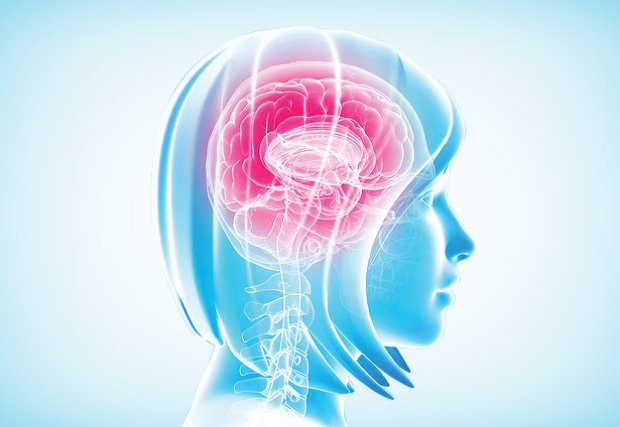According to the National Stroke Association, stroke is the third leading cause of death for women, but many people don’t know what a stroke looks or feels like and could lose precious time driving to a hospital rather than calling 9-1-1. Emergency responders can assess symptoms and provide immediate care while the medical team at the hospital prepares for the patient’s arrival. When someone is having a stroke, every second counts.
What is a Stroke?
A stroke happens when an artery that carries blood to the brain is blocked or a blood vessel ruptures, causing brain tissue to die as it is deprived of vital blood supply.
- Transient ischemic attack (TIA) – when the blood supply to the brain is temporarily blocked.
- Ischemic strokes – when an artery in the brain is blocked and forms a blood clot.
- Hemorrhagic stroke – when a blood vessel ruptures in the brain and leaks blood into or around brain tissue.
Unique Symptoms of Possible Stroke in Women*:
- Loss of consciousness or fainting
- General weakness
- Hallucination
- Nausea or vomiting
- Pain
- Seizures
- Hiccups
- Difficulty or shortness of breath
- Confusion, unresponsiveness or disorientation
- Agitation or sudden change in behavior
General Risk Factors*:
- Family history of stroke
- High blood pressure
- High cholesterol
- Diabetes
- Smoking
- Lack of exercise
- Being overweight/obese
Unique Risk Factors for Women*:
- Taking birth control pills
- Being pregnant
- Using Hormone Replacement Therapy (HRT)
- Suffering from migraine headaches
*stroke.org
Remember, in the Case of a Possible Stroke,
B.E. F.A.S.T.*
BALANCE: Does the person have a sudden loss of balance or coordination?
EYES: Has the person lost vision in one or both eyes or have they had sudden double vision?
FACE: Ask the person to smile. Does one side of the face droop?
ARMS: Ask the person to raise both arms. Does one arm drift downward?
SPEECH: Ask the person to repeat a simple phrase. Is it slurred or strange?
TIME: is critical! If you see any of these signs, call 9-1-1 immediately.
*American Stroke Association

